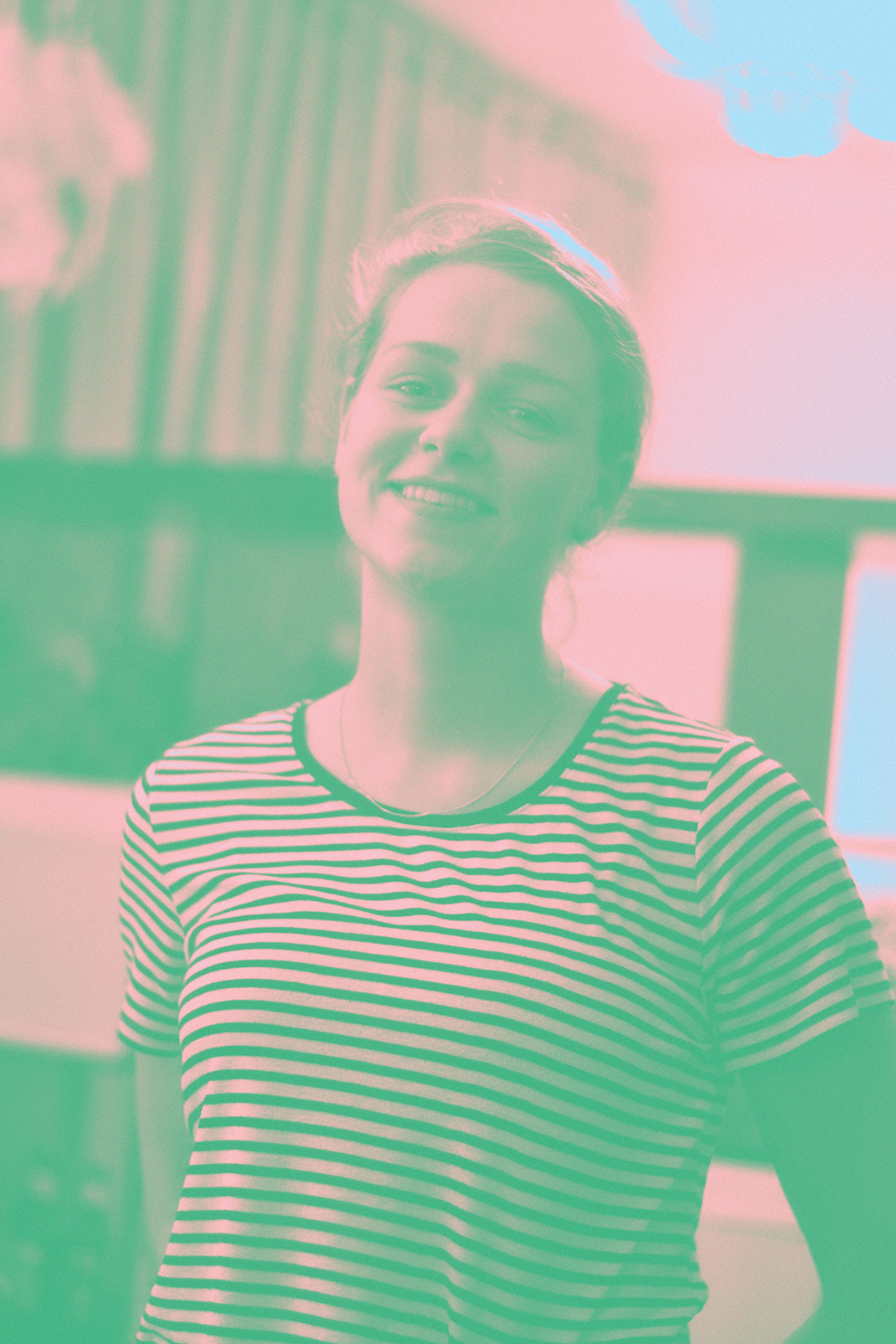FLORIEKE DE GEUS

Dual Degree student FLORIEKE DE GEUS studies Jazz Vocals at Codarts and Arts and Culture Studies (IBACS) at Erasmus University Rotterdam (EUR). She is currently in her fourth year and is following the RASL minor where she is exploring ways to combine her artistic and academic backgrounds to address social problems.
How would you say the arts and sciences reinforce each other?
As a Dual Degree student, what makes you different from other students at your institutions?
Has this form of education also influenced your perspective on the future?
How would you say the arts and sciences reinforce each other?
Actually, I now really notice—and especially within the minor—that the arts and sciences use completely different ways of thinking. I believe that both are lacking in some aspects and that they could complement each other. For example, the scientific way of thinking could benefit from thinking creatively, thinking out of the box. Which is what we really learn at Codarts. And the arts could benefit from the inclusion of certain theories or additional research to the work.
As a Dual Degree student, what makes you different from other students at your institutions?
Sometimes I feel like I don't belong to either world. I was actually talking to a friend about this recently. Occasionally I feel like I'm in a gap between the two worlds and nobody can really understand me because at EUR I can't explain what I'm doing at Codarts and the other way around. And then my friend advised me to try to find my own strength in this gap. And I believe that really differentiates us Dual Degree students from other students. We learn to deal with multiple discourses and backgrounds and to combine these and be able to take the best from both worlds. So being flexible to constantly adapt, while it sometimes drives me crazy, it also somehow makes me a better practitioner.
How has RASL changed your vision of education?
The Dual Degree made me realise that good education is mainly built on personalisation. To me, it feels like I can do whatever I want within this programme, that I can change it the way I like. I noticed that it is very easy, for example, to follow other courses at EUR or Codarts. And that you shouldn't be afraid to just go there and if something seems interesting or fun to you, to just go for it. We are super lucky and privileged that this programme is built for us. I believe you learn the most from teachers and from teaching methods that give you space to really exchange ideas and to constantly respond and adapt.
Has this form of education also influenced your perspective on the future?
I recently discovered, especially through the minor, that there is a need for a transdisciplinary way of thinking. And that it is really helpful in many situations. To give an example, I recently went to a seminar on economics, and the key takeaway was that economists have to start listening to doctors, sociologists, psychologists and other specialists. We cannot deny that things are
What opportunities does this way of studying give you?
Meeting people that do the same thing—that is certainly number one. Not only during the regular programme, but also during events organised by RASL, such as last year’s conference at the Kunsthal. This has grown to be a pretty nice network of people who promote, support and visit each other’s events. And of course, the chance to do two bachelors in five years is a great opportunity as well, this would be really hard to manage by yourself.
What do you think could be the next step for RASL?
First of all, I think RASL is already building quite a good name for its future Dual Degree alumni. The Rotterdam art world is becoming familiar with it. That is already very good progress. But I think it would be nice to have help bridging the gap I mentioned before. The gap between the artistic and scientific world sometimes feels like an abyss. It would be nice to receive help turning this challenge into an opportunity.